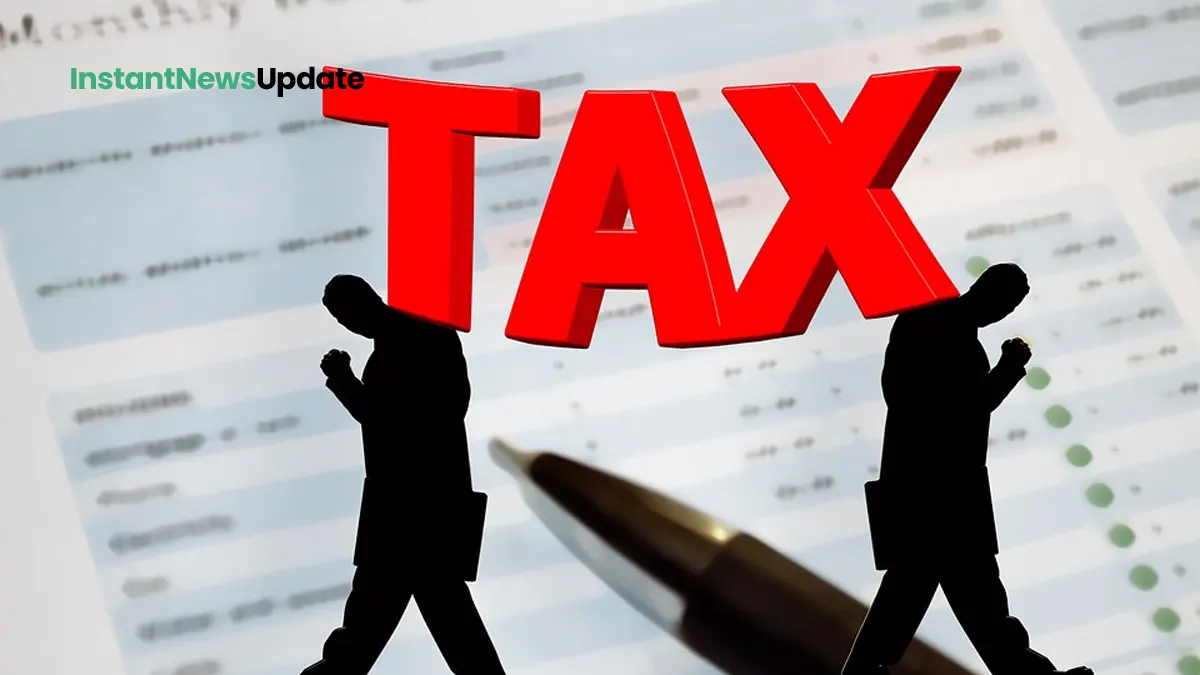Introduction:
The cost of energy for households is poised to drop below the £2,000 threshold, marking the first time in over a year, following a substantial reduction of around 7 per cent by regulatory authority Ofgem.
Impact on Struggling Households:
Despite this positive development, concerns have been raised by advocacy groups over the ongoing challenges faced by millions of households in meeting their energy bills. While the decrease is notable, it still leaves bills significantly higher than they were prior to the surge in energy costs witnessed in the winter of 2021.
Understanding the Price Cap:
The price cap functions as the maximum permissible amount a consumer can be charged for gas and electricity units, along with daily standing charges. Reviewed quarterly during winter, spring, summer, and autumn, Ofgem is responsible for regulating this cap.
Specifics of the Cut:
Ofgem recently announced a reduction in the gas charge from 6.9p per kilowatt hour (kWh) to 6.89p, effective from 1 October. Simultaneously, the electricity charge will undergo a decline from 30.1p per kWh to 27.35p. These adjustments translate to an anticipated drop in the annual energy bills for households in England, Wales, and Scotland from £2,074 to £1,923.
Impact on Vulnerable Households:
The conclusion of government financial assistance programs from the previous year, coupled with higher costs for necessities such as mortgages, food, and borrowing, has led to concerns about the upcoming winter. Campaigners worry that many households will continue to struggle.
Ofgem’s Viewpoint:
Although Ofgem’s decision to lower the price cap has been regarded as positive news for families, its chief executive, Jonathan Brearley, cautioned against guaranteeing an easier winter compared to the previous one. Brearley suggested the possibility of government subsidies to directly aid families with their energy bills.
Appeals for Further Support:
Citizens Advice CEO Dame Clare Moriarty appealed to the government to seriously consider additional measures to assist those most affected by escalating energy costs. The organization highlighted a record surge in requests for energy bill assistance.
Growing Concerns and Projections:
Citizens Advice noted that during the first half of 2023, approximately 7.8 million individuals resorted to borrowing money for energy bills. Research revealed that disabled individuals, single parents, and low-income households earning less than £29,000 will face the brunt of this winter’s energy expenses.
The organization projected that should current forecasts hold, households can expect a slightly higher energy bill in the upcoming winter compared to the period between January and March 2023. This projection attributes the increase to the conclusion of government support programs and a winter review of the price cap.
Persistent Fuel Poverty:
National Energy Action maintained that despite the minor reduction in costs, approximately 6.3 million individuals will continue to grapple with fuel poverty.
Longevity of Savings Questioned:
Richard Neudegg, director of regulation at Uswitch.com, emphasized the possibility of short-lived gains from this announcement, given the energy-intensive nature of the winter months. Neudegg predicted that the average household might only save around £47 in the next quarter and cautioned that elevated energy bills might persist for an extended period.
Calls for Sustainability:
The Green Party reiterated its demand for a home insulation initiative to curb bills and energy consumption. Labour proposed closing loopholes and introducing a robust windfall tax on oil and gas companies to fund energy bill support.
Minister’s Response:
Energy Minister Andrew Bowie welcomed the drop in the price cap and stated that the government would explore various avenues to address energy bills.
Conclusion:
While the decrease in the price cap is certainly a step in the right direction, it remains to be seen how effectively it will alleviate the burden on households, particularly the most vulnerable ones. The combination of rising costs and the conclusion of assistance programs has cast a shadow of uncertainty over the approaching winter months.









